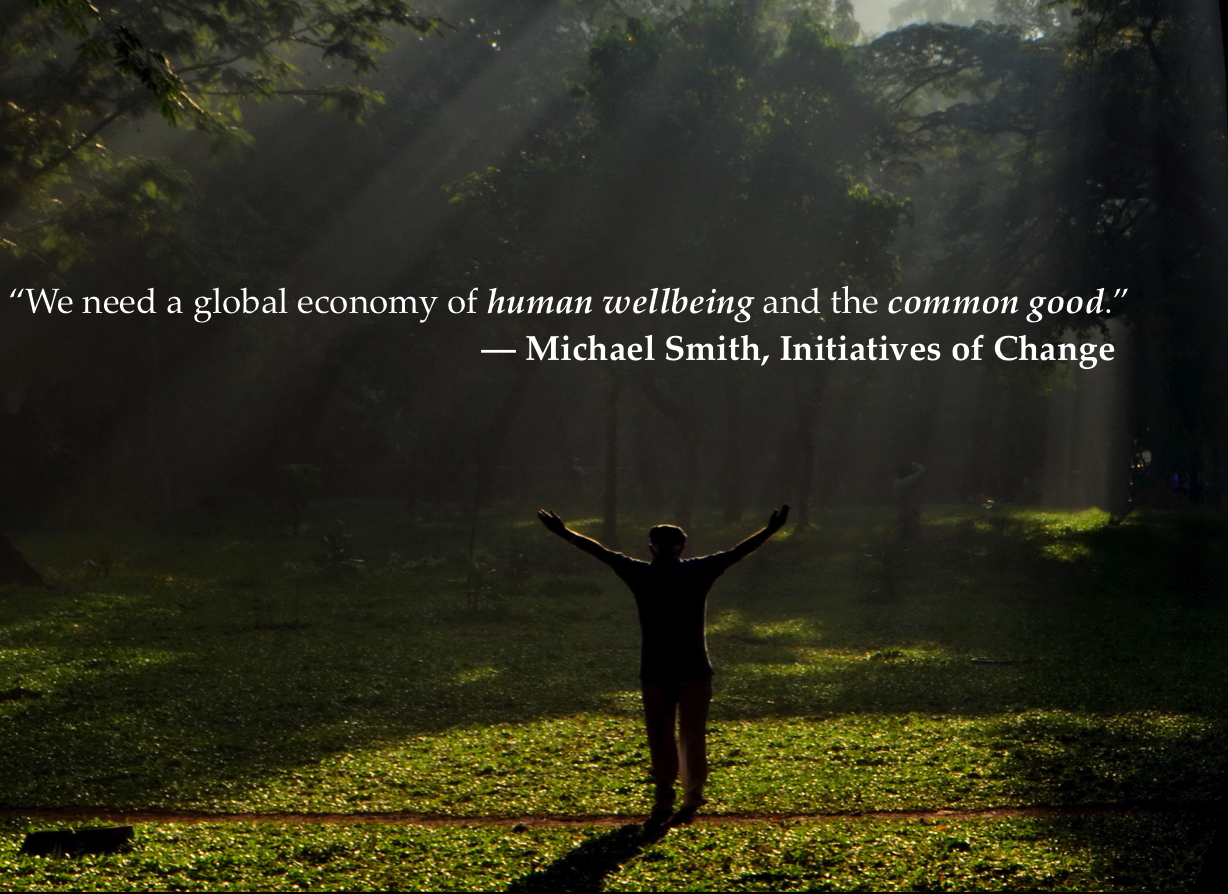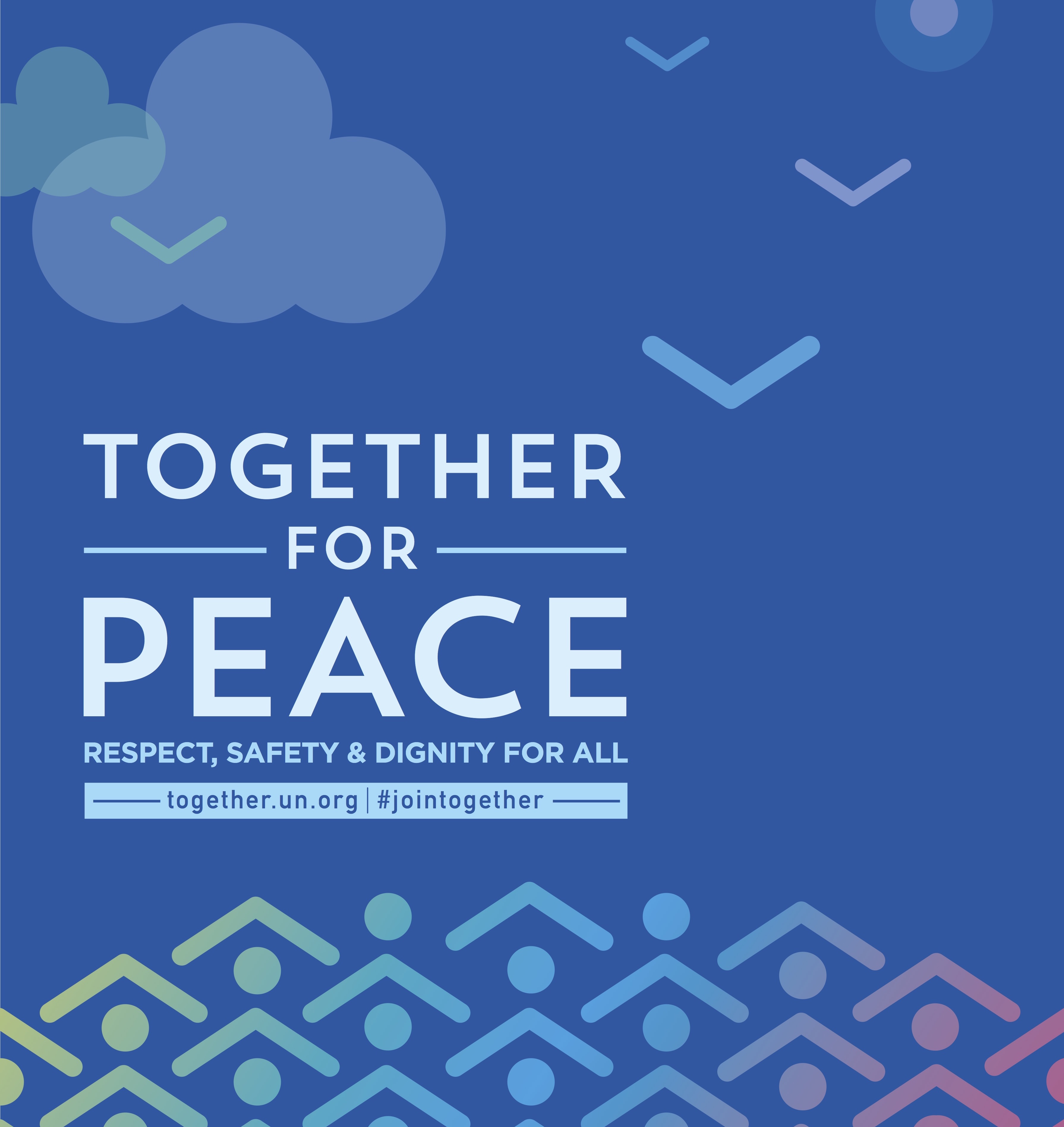The International Day of Peace (“Peace Day”) is observed around the world each year on 21 September. Established in 1981 by unanimous United Nations resolution, Peace Day provides a globally shared date for all humanity to commit to Peace above all differences and to contribute to building a Culture of Peace.

“Peace is a prerequisite for human development.… We all must undertake efforts to inculcate peace in ourselves. We cannot expect the world to change if we do not start first and foremost with changing ourselves — at the individual levels.”
Ambassador Anwarul K. Chowdhury, Bangladeshi diplomat and leading United Nations Culture of Peace emissary
About the Day of Peace, Ambassador Chowdry says:
“the culture of peace should be the most appropriate vehicle to
prepare our world in addressing effectively the complex challenges
of the twenty-first century.”
LEARN MORE
A mbassador Anwarul K. Chowdhury, the Honorary Chair of the IDP NGO Committee at the UN since 2008, has devoted many years as an inspirational champion for sustainable peace and development, and to ardently advancing the cause of the global movement for the culture of peace that has energized civil society all over the world.
mbassador Anwarul K. Chowdhury, the Honorary Chair of the IDP NGO Committee at the UN since 2008, has devoted many years as an inspirational champion for sustainable peace and development, and to ardently advancing the cause of the global movement for the culture of peace that has energized civil society all over the world.
As a career diplomat, Permanent Representative to United Nations, President of the UN Security Council, President of UNICEF Board, UN Under-Secretary-General, the Senior Special Advisor to the UN General Assembly President, and recipient of the U Thant Peace Award, UNESCO Gandhi Gold Medal for Culture of Peace, Spirit of the UN Award and University of Massachusetts Boston Chancellor’s Medal for Global Leadership for Peace, Ambassador Chowdhury has a wealth of experience in the critical issues of our time — peace, sustainable development, and human rights.
Ambassador Chowdhury’s legacy and leadership in advancing the best interest of the global community are boldly imprinted in his pioneering initiative in March 2000 as the President of the Security Council that achieved the political and conceptual breakthrough leading to the adoption of the groundbreaking UN Security Council Resolution 1325 in which the Council recognized for the first time the role and contribution of women in the area of peace and security.
He served as Ambassador and Permanent Representative of Bangladesh to the United Nations in New York from 1996 to 2001 and as the Under-Secretary-General and High Representative of the United Nations, responsible for the most vulnerable countries of the world from 2002 to 2007.
He has been the Chair of the International Drafting Committee on the Human Right to Peace; an initiative coordinated from Geneva and was a founding member of the Board of Trustees of the New York City Peace Museum.
He is the founder of the New York-based Global Movement for The Culture of Peace, and has been a part of the 12-member Wisdom Council of the Summer of Peace for the years 2012, 2013 and 2014, a worldwide participatory initiative to advance the Culture of Peace.
He has been decorated by the Government of Burkina Faso in West Africa with the country’s highest honour “L’Ordre National” in 2007 in Ouagadougou for his championship of the cause of the most vulnerable countries.

